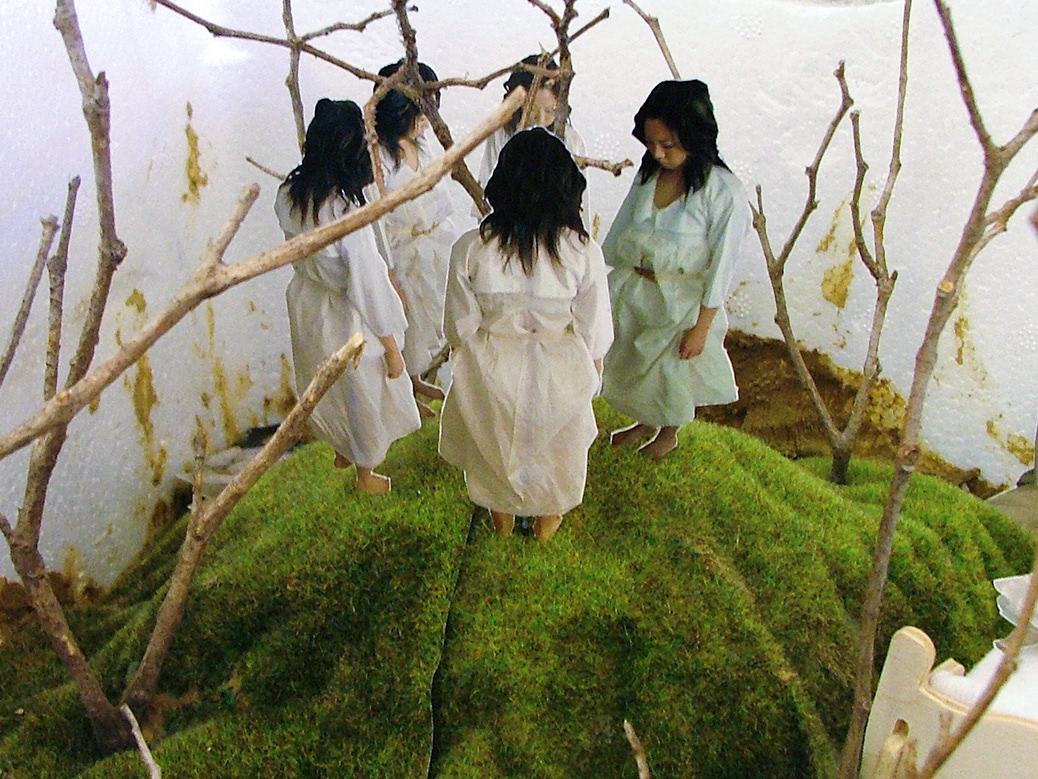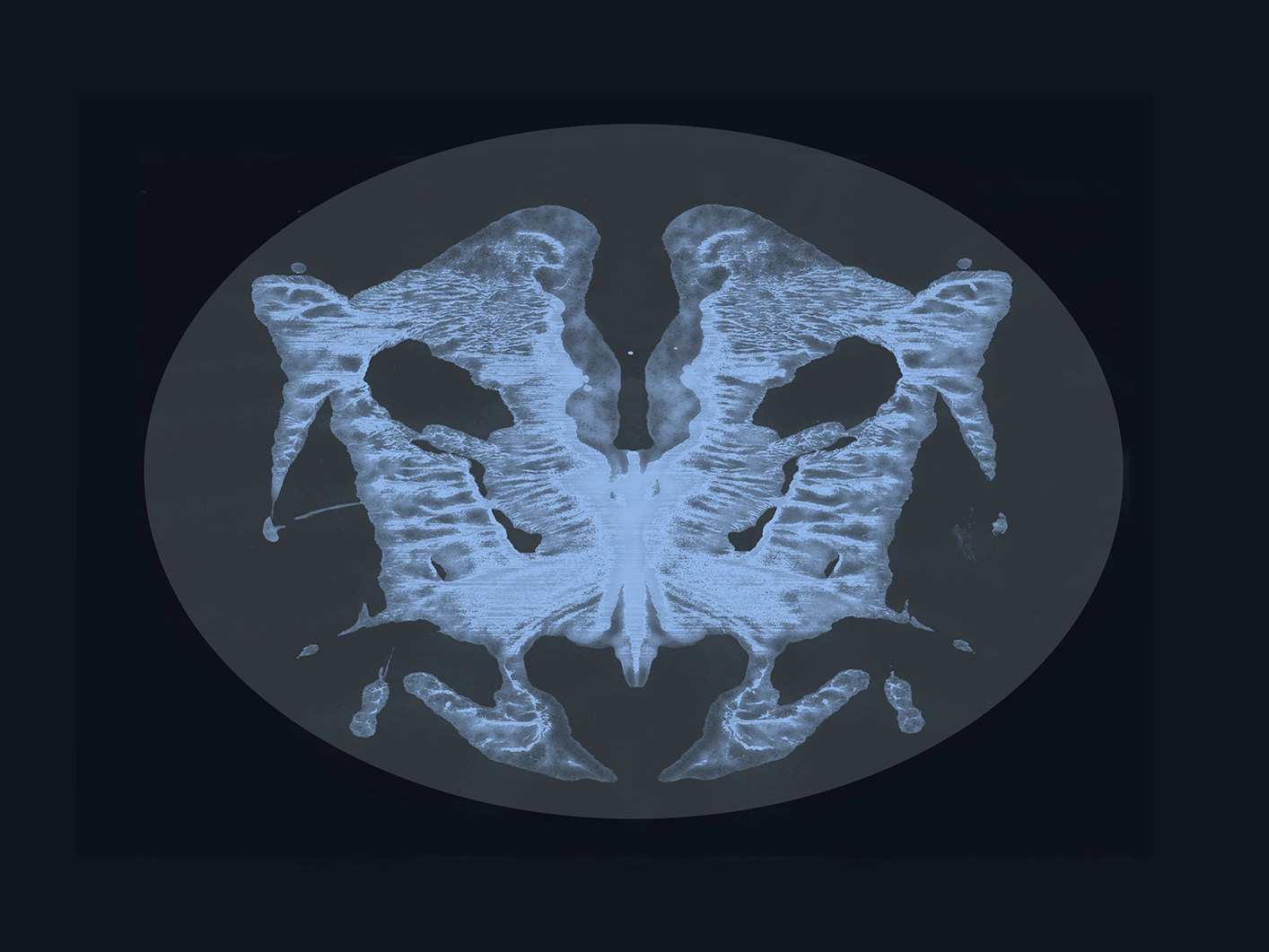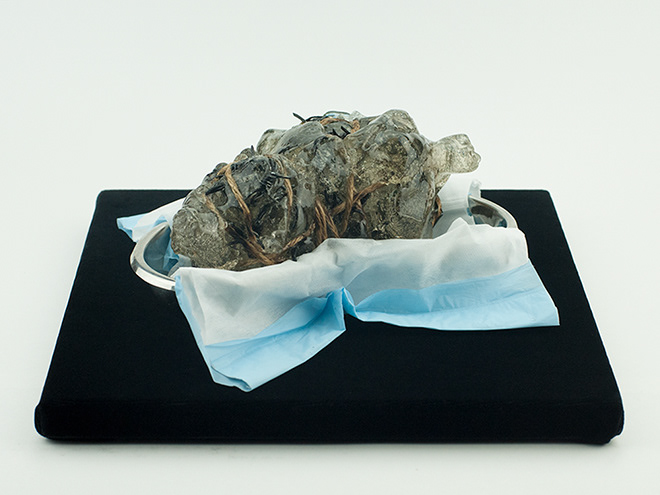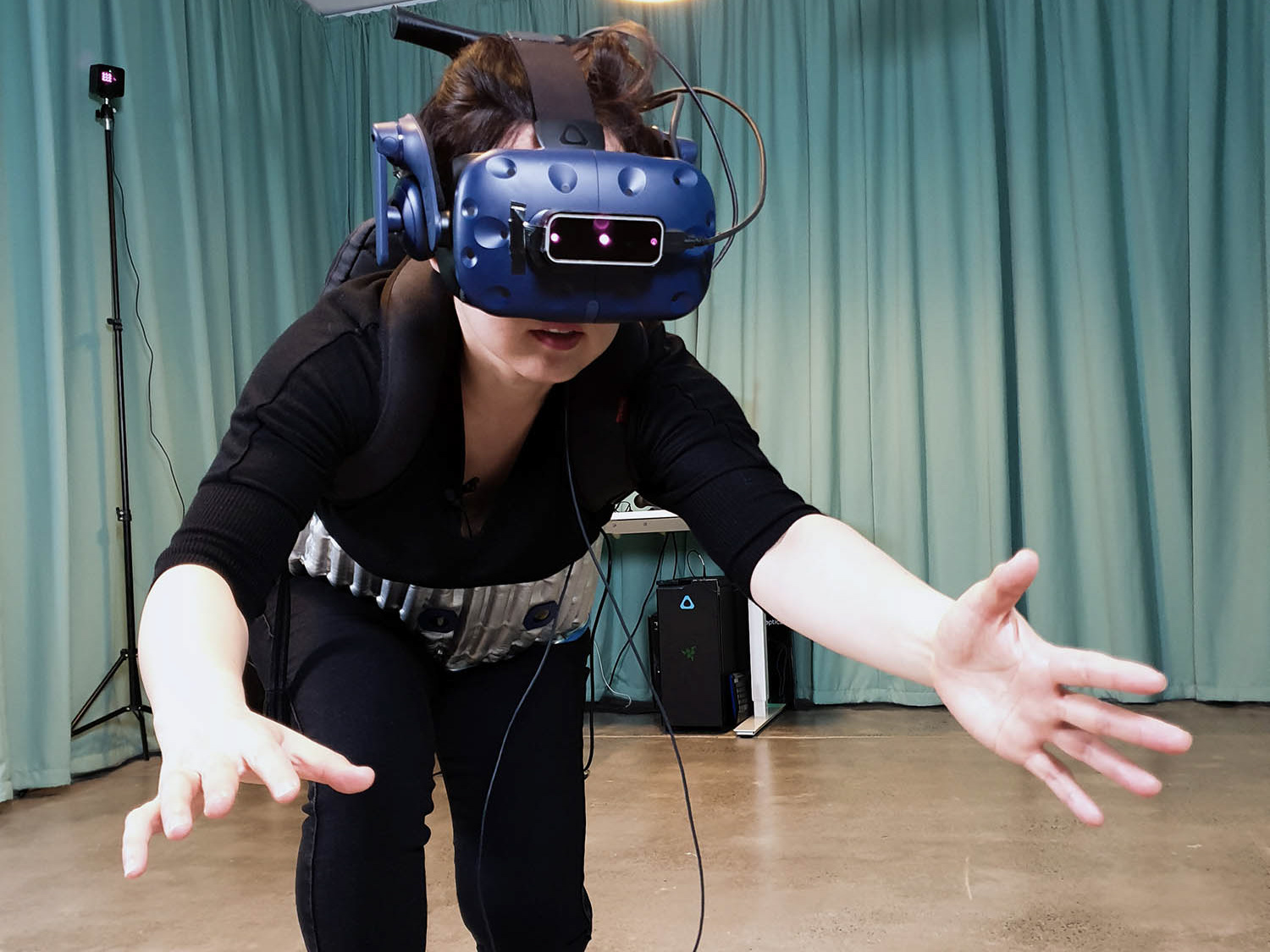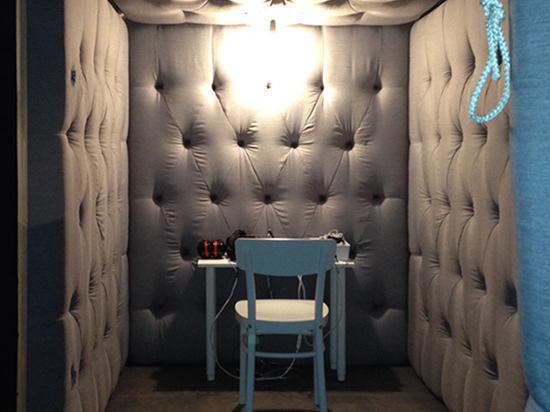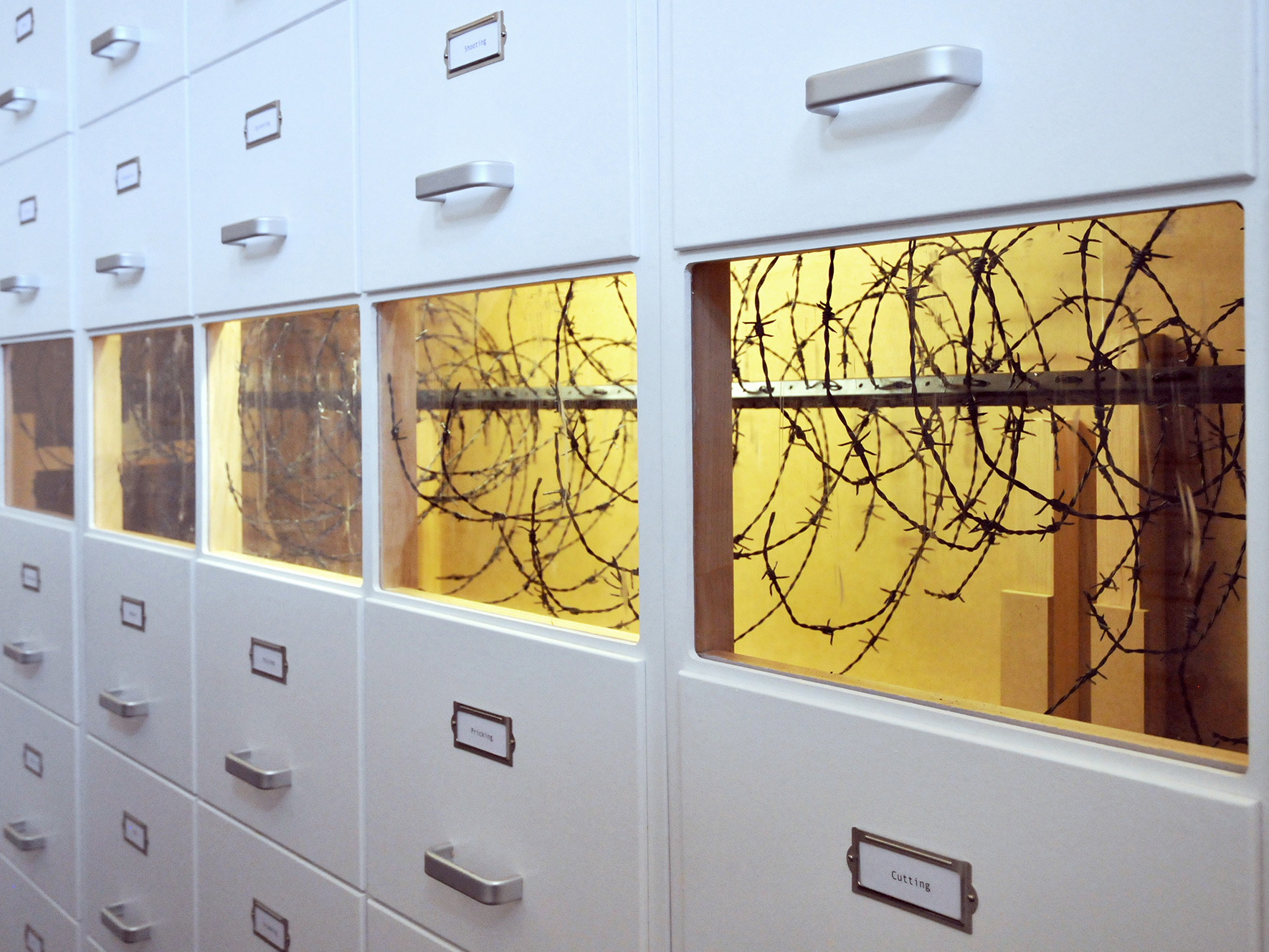Participatory Performance Installation, Wellbeing Garden for Access Intimacy 2024, Art Gallery of New South Wales. Image: Mark Stone
Participatory Performance Installation, Wellbeing Garden for Access Intimacy (start of the performance) 2024, Art Gallery of New South Wales. Image: Mark Stone
Eugenie Lee, My Tree Lives Here, Oil on linen on board
Participatory Performance Installation, Wellbeing Garden for Access Intimacy (Artist with a participant, wrapping red ribbons onto the tree) 2024, Art Gallery of New South Wales. Image: Cindy Tan
Participatory Performance Installation, Wellbeing Garden for Access Intimacy (participants planting seedlings) 2024, Art Gallery of New South Wales. Image: Mark Stone
Participatory Performance Installation, Wellbeing Garden for Access Intimacy (A tree with well-wish messages, An island with seedlings) 2024, Art Gallery of New South Wales. Image: Mark Stone
Participatory Performance Installation, Wellbeing Garden for Access Intimacy (artist with participants) 2024, Art Gallery of New South Wales. Image: Mark Stone
Participatory Performance Installation, Wellbeing Garden for Access Intimacy (artist with participants) 2024, Art Gallery of New South Wales. Image: Mark Stone
Participatory Performance Installation, Wellbeing Garden for Access Intimacy (island with planted seedlings) 2024, Art Gallery of New South Wales. Image: Cindy Tan
